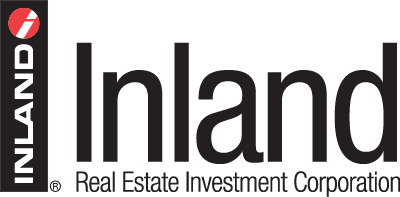With many DST sponsors that have limited track records, it is critical to thoroughly review the sponsor in detail before making an investment decision.
In our previous post, we explained how the DST market has experienced strong growth in recent years. We cautioned about how new DST sponsors may be motivated to use controversial cash flow assumptions and strategies that may not match actual returns.
In this discussion, we offer suggestions on how you can help protect your clients’ investments by concentrating your DST due diligence efforts on the sponsors. Since DST sponsors may vary in experience, strategy, and overall capability, several themes identified here can help you assess and compare essential differences.
Industry Expertise
The experience and skill of a DST sponsor are a few of the most important considerations to be evaluated. Points to assess include:
- Length of time in sponsoring DSTs and management team’s years of real estate experience
- Knowledge of different property types and markets where the properties are located
- Ability to provide guidance and support in the DST investment process
Size and Financial Strength
A sponsor's size and financial strength can help you evaluate how they’ve managed DSTs over time and through difficult market cycles. Consider:
- Total assets under management
- Price, terms, and financing a sponsor can negotiate on acquisitions
- Ability to deploy its own capital to purchase properties
Track Record
Reviewing the deals a sponsor has introduced, managed, and closed over time can help assess their ability to perform. Consider:
- Number of real estate programs offered by the sponsor since inception
- Number of DST offerings launched and completed over time
- Number of properties previously and currently offered
Underwriting Standards
Evaluating underwriting procedures can help reveal how thorough and consistent a sponsor is when reviewing properties. Look for:
- The sponsor’s underwriting processes and standards
- Sponsor’s ability to identify strong, creditworthy tenants
- Factors that would indicate either a conservative or aggressive approach to underwriting
Fees
As with any investment, fees can significantly impact returns. To ensure that a sponsor’s DST fees are fair, reasonable, and competitive, consider:
- The type of fees (acquisition fees, disposition fees, asset management fees, etc.)
- Sponsor’s transparency regarding fees
- If disposition fees and expenses are capped
Exit Strategy
A DST can provide a reliable source of income while your clients are invested, but the exit strategy can have a meaningful impact on overall returns. Points to assess include:
- A detailed explanation of the sponsor’s long-term objective with the offering and intended exit strategy
- Whether the sponsor’s long-term objective and exit strategy align with your clients’ goals
This isn’t a comprehensive list. You may want to explore other aspects of a DST sponsor, including their reliance on third-party reporting and validation, and investor communication capabilities. By reviewing the items we identify here, you’ll go a long way to narrowing the investment options for your clients and improve the likelihood they ultimately work with one of the premier industry sponsors.

